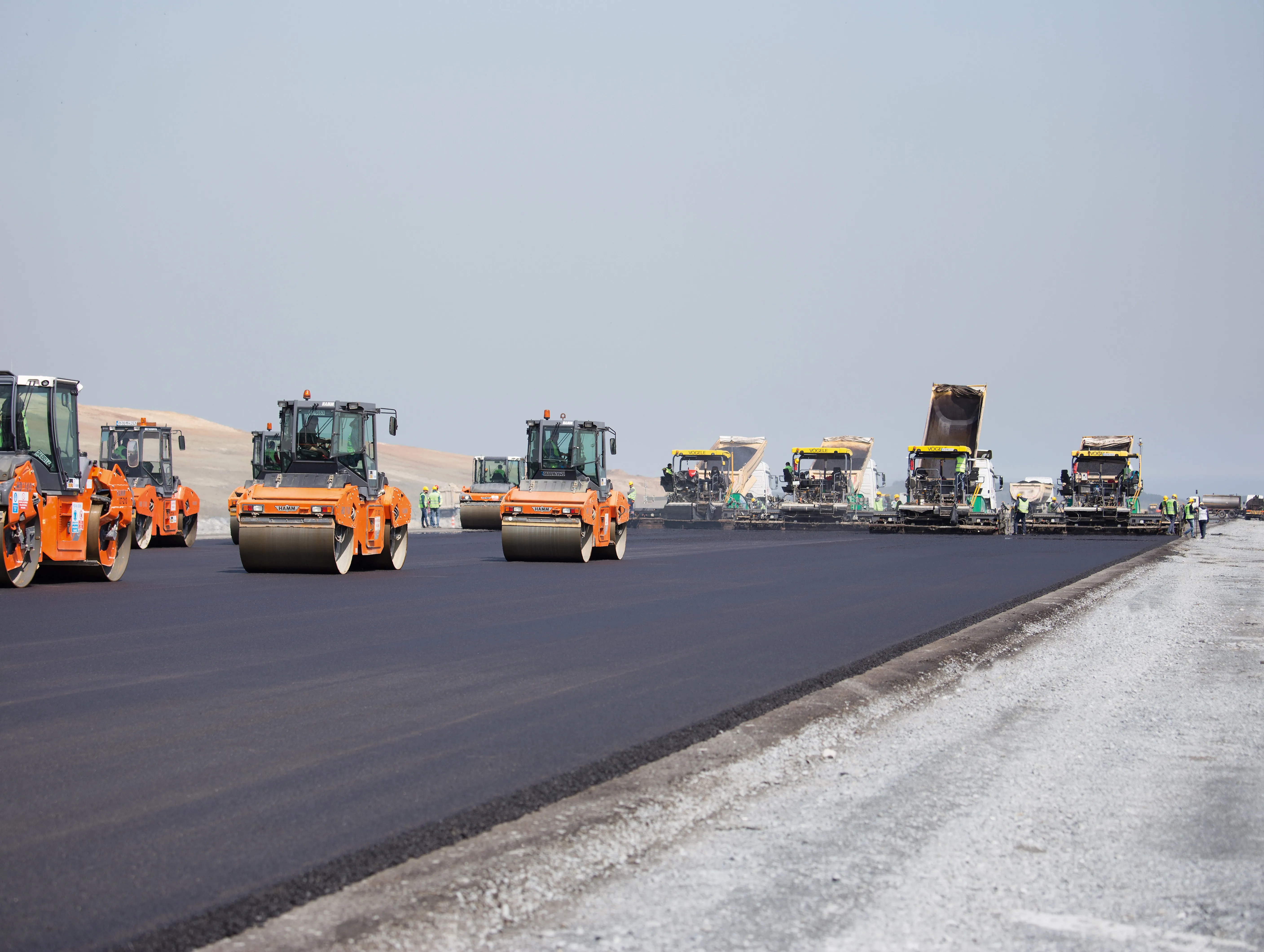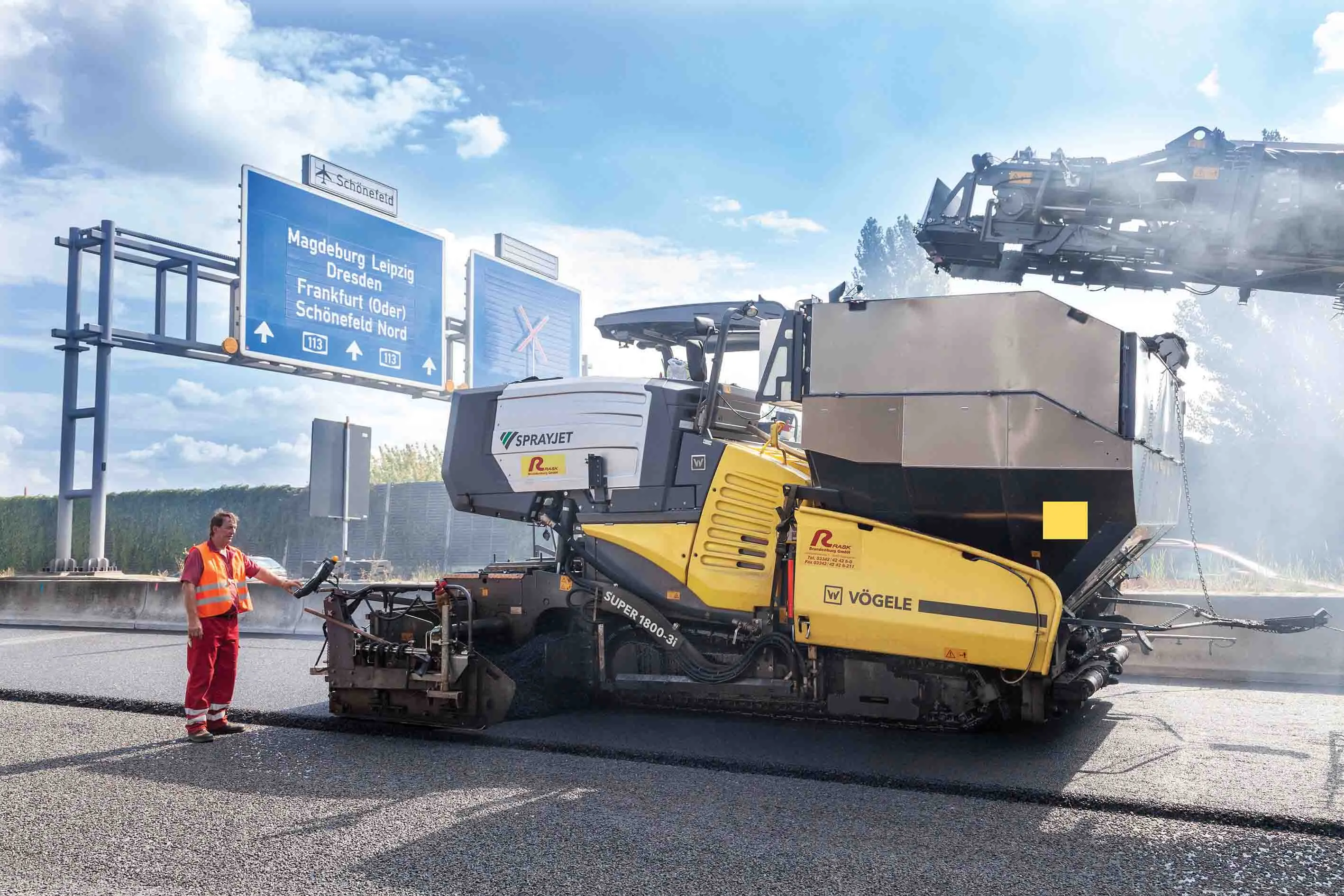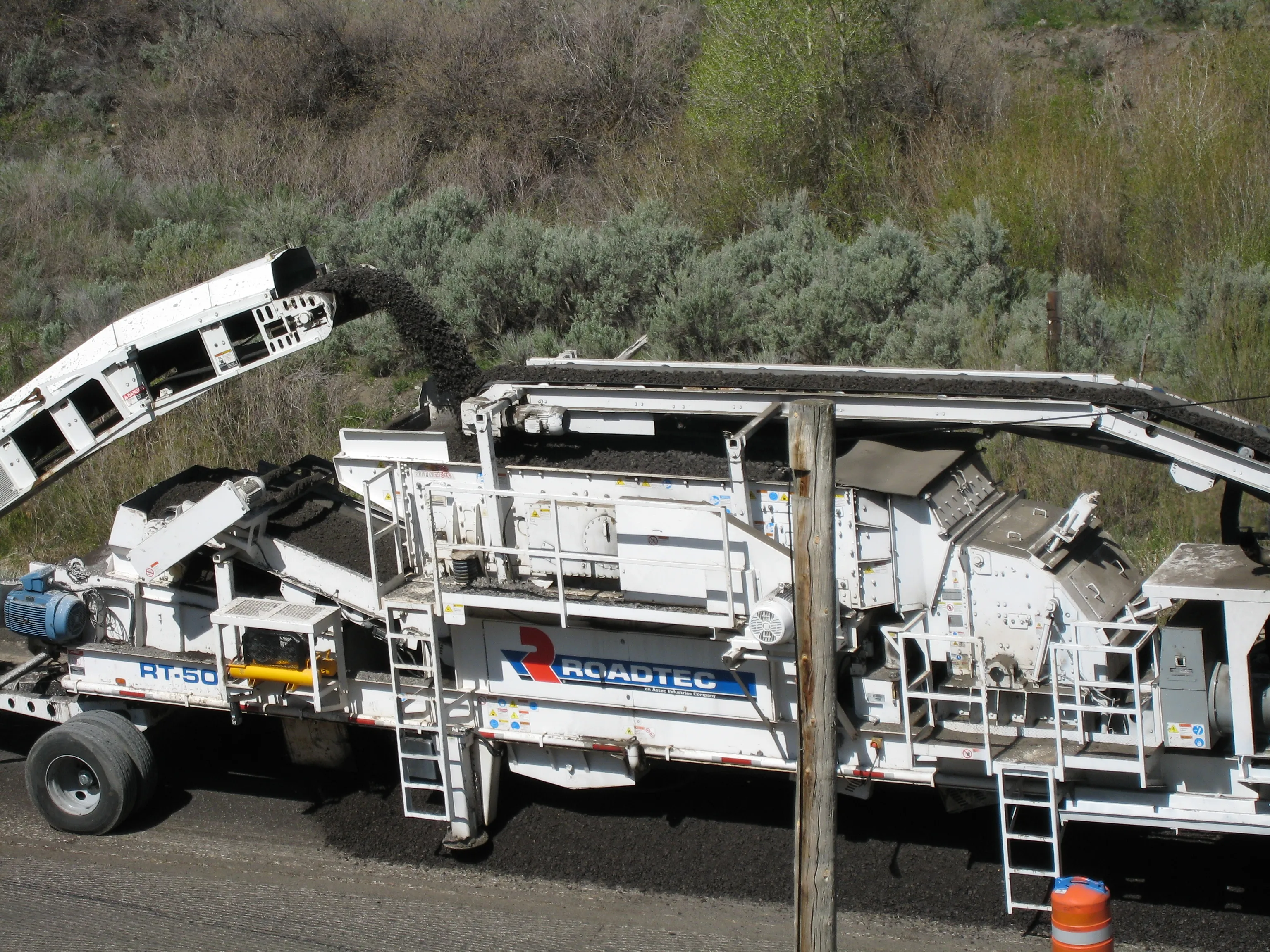Wirtgen has won the US Cold Recycling Award 2012 for applying its cold recycling structural road rehabilitation technology on Interstate I-81 in eastern America. The I-81 is one of the major north-south routes running across Virginia state with two lanes in each direction. Increasing traffic volumes and the loads imposed by heavy-vehicle traffic were said by the Virginia Department of Transportation (VDOT) to have left the pavement surface covered with alligator cracks, wheel ruts and patches where minor re
June 13, 2012
Read time: 4 mins
The I-81 is one of the major north-south routes running across Virginia state with two lanes in each direction. Increasing traffic volumes and the loads imposed by heavy-vehicle traffic were said by the
In previous years, VDOT had been able to keep traffic up and running by carrying out extensive repair operations. But last spring, a 6km stretch near Staunton on the right-hand truck lane required complete rehabilitation due to structural damage and an inadequate loadbearing capacity. The left hand passenger car lane, which was subject to lower loads, required rehabilitation by cold recycling to a 12cm depth. This highly challenging construction project involved the use of as many as three different recycling methods – making this a unique project for the rehabilitation of an interstate in the US. VDOT opted for Wirtgen’s cold milling machines, cold recyclers and mobile cold recycling mixing plant and an entire fleet of
During the rehabilitation of the truck lane, VDOT says the compact dimensions of the Wirtgen machines minimised the disruptions to traffic, as vehicles were guided past the job site on the adjacent, left-hand lane, thus maintaining a continuous flow of traffic. W 210 and W 2100 large milling machines removed the entire asphalt material down to a depth of 25cm in a single pass. The LEVEL PRO levelling system, specifically designed by Wirtgen for use in cold milling machines, is said to have made light work of this difficult task, while accurately maintaining the selected milling depths.
Trucks transported the reclaimed granulated material to the mobile mixing plant KMA 220 for recycling. A Wirtgen WR 2400 cold recycler with a working width of 2.4metres was used for the soil stabilising operation, which would restore the subgrade to the required bearing capacity. At the same time, the cold recycling mixing plant was recycling the reclaimed asphalt material in an "in-plant" process for full reuse. Its mobile mixing design enabled the mixing plant to be set up by the construction site, which reduced the distance to be covered by the transport trucks, fuel consumption rates and CO2 emissions, and also resulted in a significant reduction of the overall construction costs. Asphalt pavers placed the material on the stabilised subgrade as a 20cm thick layer that was then effectively compacted by tandem rollers from Hamm. Finally, a 5cm thick asphalt layer was placed on top.
As it had mostly been used by passenger cars in the past, the subsequent rehabilitation of the left-hand lane required less extensive rehabilitation methods. In a first step, the W 2100 milled off the 5cm-thick surface course at a gradient of 2%. After pre-spreading 1% pure cement, the Wirtgen 3800 CR cold recycler, equipped with a 3.8metre-wide, integrated paving screed, took centre stage for the "in-situ" processing of the traffic lane. Wirtgen says a major advantage of this process is that neither the source material nor the recycled construction material mix require any transport effort. The cold recycler milled off and granulated the damaged asphalt layer down to a depth of 12cm in a single pass – while the milling and mixing rotor mixed in foamed bitumen, cement and water at the same time. The 3800 CR then paved and pre-compacted the recycled mix by means of the integrated








